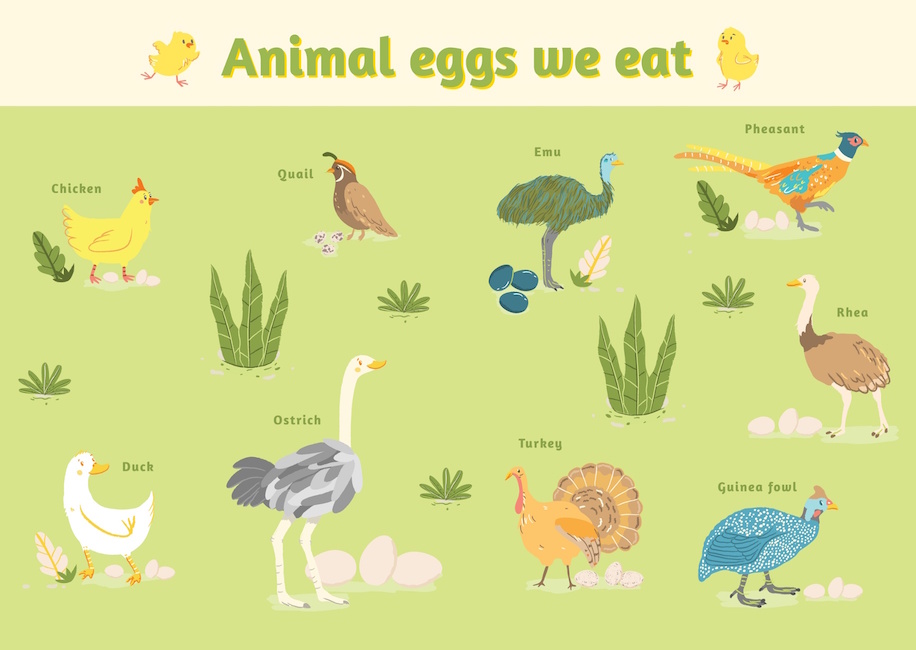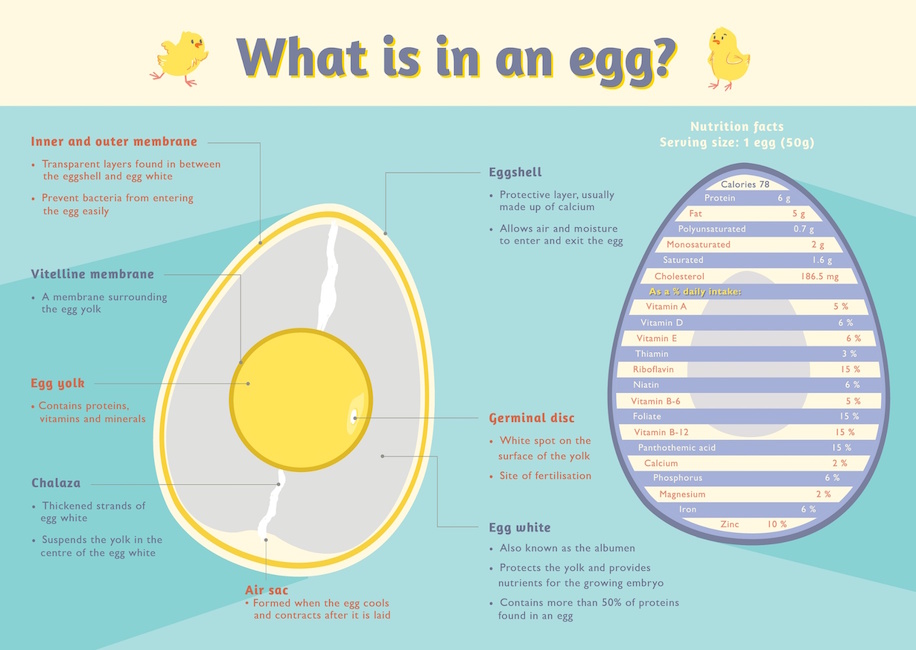Scrambled, fried or poached, each of us has a preference when it comes to how we like our eggs done. But more than just an appreciation of their taste, how much do you know about this versatile food?
The International Egg Commission, a unique community that represents the global egg industry, first established World Egg Day at a conference in Vienna in 1996.
Celebrated annually on the second Friday of October, World Egg Day aims to raise awareness about the benefits of eating eggs. Countries all over the world celebrate this day by organising egg-related games and activities like cook-offs and seminars.
Commonly found in our diet, eggs can be cooked in a variety of ways – they can be boiled, steamed, poached, fried or scrambled. Apart from chicken and duck eggs, we consume a variety of other fowl eggs such as those of the quail, pheasant, guinea fowl and even ostrich!

This affordable and readily available “superfood” is packed with a nutritional punch. The common chicken eggs are rich in proteins, which are important for brain and muscle development. Not only do eggs make a tasty meal, they are also a good source of vitamins (A, B12, D and E) and minerals (phosphorus, zinc and iron).

Students in our Primary Science classes can look forward to receiving a World Egg Day booklet containing interesting trivia on this special day. Teachers will also spend some time in class sharing fun facts like the history and science behind how eggs are cooked.
To celebrate this quirky holiday, we are also having a mini-giveaway for our students at The Science Lab in United Square. Students can drop by our egg-hibition to take part in our contest and stand to win egg-citing prizes!
Our curriculum team regularly includes fun topics and activities in our lessons. These components play an important role in building the love for Science, as out-of-syllabus topics create interest in the subject and push our students to find out more about real-life scientific occurrences or theories on their own.
If you’re looking for ways to help your child love learning about Science, we've come up with 3 easy ways to help your child love Science.
To find out more about our Science Programmes, visit our programmes page.
If you are interested in speaking with one of our enrolment specialists about our 2017 programmes, schedule a meeting with us today.